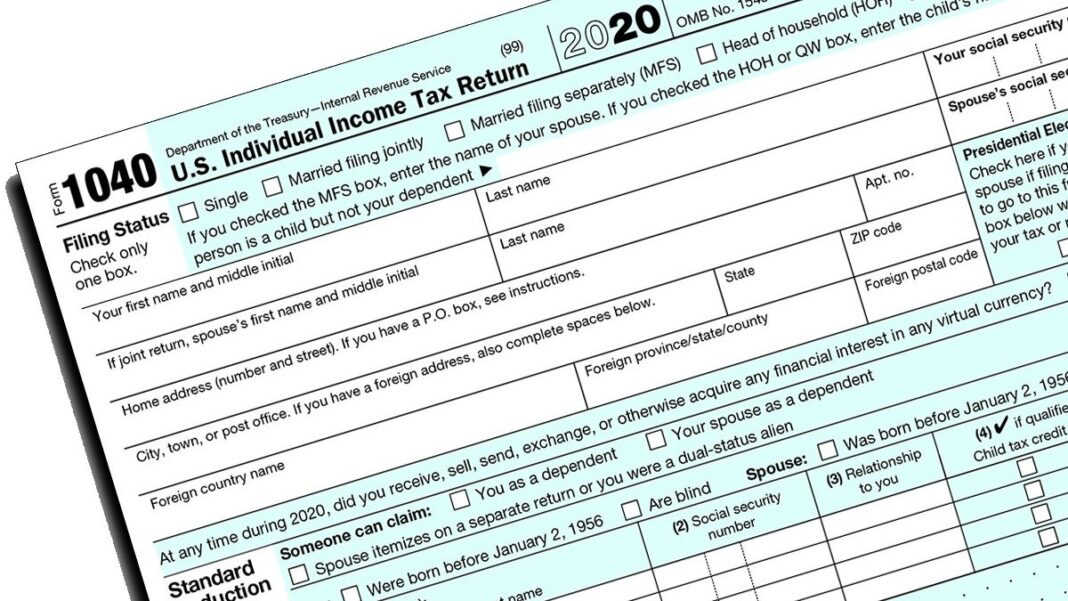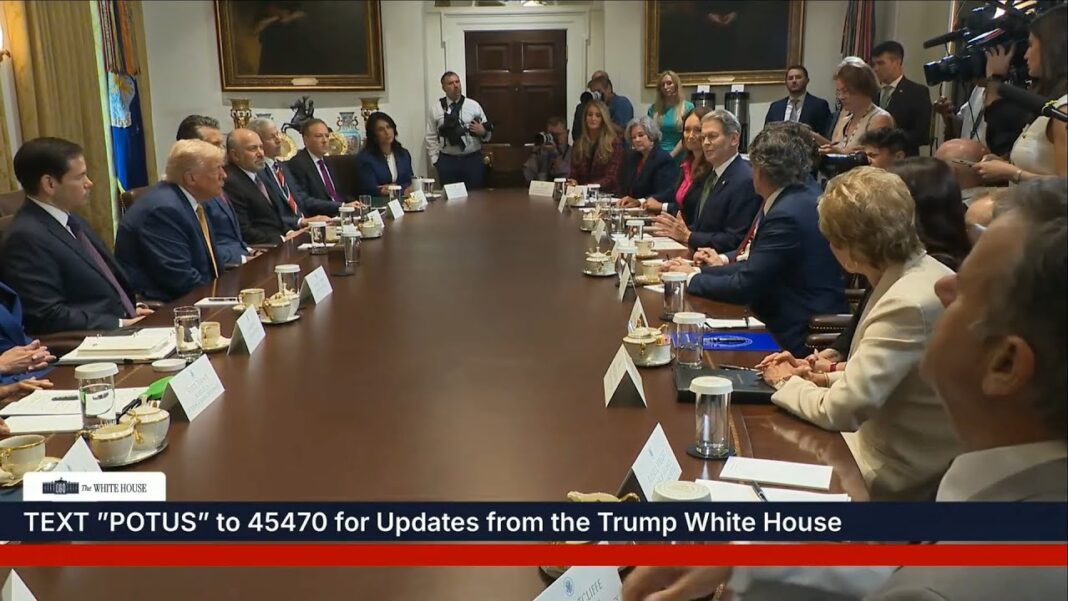‘It’s a pro-family initiative that will help millions of Americans harness the strength of our economy,’ Trump said.
The Republican reconciliation package, better known as the One Big Beautiful Bill, introduced Trump Accounts for newborns, which were previously dubbed MAGA Accounts, or “Money Account for Growth and Advancement.”
The accounts are new tax-advantaged investment vehicles comparable to individual retirement accounts, prefunded with $1,000 from the Treasury Department for every child born between Jan. 1, 2025, and Dec. 31, 2028. Children born before this year will also be eligible, but not for the initial $1,000 seed money.
Parents will be eligible to contribute up to $5,000 annually, including up to $2,500 tax-free from a parent’s employer. The money must be invested in a broad stock market index, and earnings will grow tax-deferred until the account holder withdraws the funds.
As part of the new pilot program, parents must have Social Security numbers and be authorized to work in the United States. Families can choose to open a Trump Account at a financial institution, or the federal government will automatically enroll eligible children upon tax filing, with the option to opt out. There are no income requirements.
“It’s a pro-family initiative that will help millions of Americans harness the strength of our economy to lift up the next generation, and they’ll really be getting a big jump on life,” President Donald Trump stated at a June 9 White House event.
Economists say the children will likely profit from the U.S. stock market’s upward trajectory.
One paper by the Milken Institute estimates that $1,000 accounts would balloon in value over time. After 20 years, researchers project that they will increase to more than $8,000.
This is plausible. Over the last 20 years, for instance, the blue-chip Dow Jones Industrial Average has risen more than 300 percent.
Once beneficiaries turn 18, they can withdraw half of the funds for “qualified purposes,” such as paying for tuition, job training, buying a first home, or starting a business. If the money is used for non-qualified expenditures, it will be taxed as ordinary income.
At age 25, they can access the full balance for specific reasons—a non-qualified expense would be taxed as ordinary income. After the account holder turns 31, the account is terminated, and the full balance can be withdrawn for any purpose; a long-term capital gains tax is then applied.
By Andrew Moran







